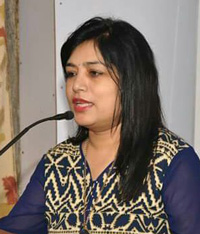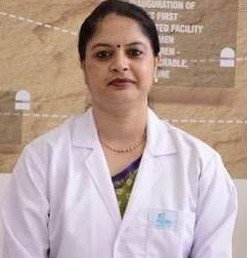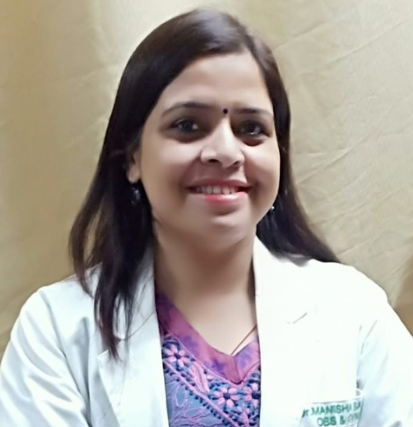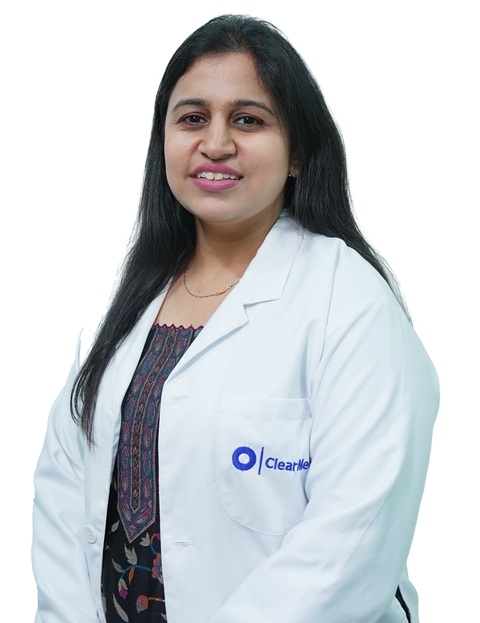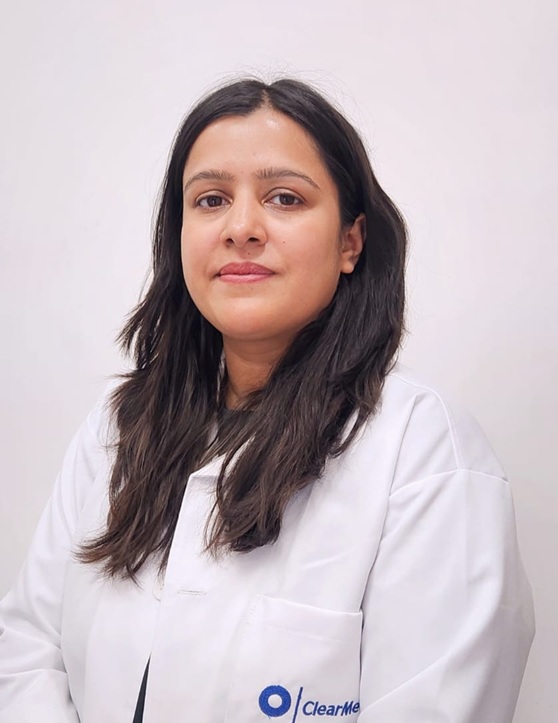World IVF Day 2025: Celebrating Hope, Science, and the Journey to Parenthood

Quick Summary
- Infertility presents significant physical and emotional challenges.
- IVF offers hope for those struggling with infertility.
- World IVF Day (July 25th) celebrates advancements in reproductive medicine.
- The day raises awareness about assisted reproductive technologies.
For many people worldwide, the path to parenthood is not always easy. The physical and emotional toll that infertility takes on people can be draining.
Advances in science, such as In Vitro Fertilisation (IVF), provide hope where there was once none. World IVF Day, celebrated every July 25, is a testament to how far we have come as a society in reproductive medicine.
There is currently no official theme designated for World IVF Day 2025, but it remains a day to raise awareness and celebrate the advancements in assisted reproductive technology.
History of World IVF Day
World IVF Day is celebrated yearly to mark the birth of Louise Brown, the world's first baby born through in vitro fertilisation, on July 25, 1978. Dr Robert Edwards, Dr Patrick Steptoe, and Nurse Jean Purdy made this historic achievement by developing the IVF process that revolutionised infertility treatment worldwide. The day commemorates their work and brings attention to infertility and reproductive health through events and campaigns around the world.
What is IVF?
In Vitro Fertilisation (IVF) is a form of assisted reproductive technology that helps individuals and couples conceive a child when facing infertility or other reproductive challenges.
How does IVF Work?
The IVF process typically involves several key steps:
Ovarian Stimulation: Hormone medications stimulate the ovaries to produce multiple eggs.
Egg Retrieval: Mature eggs are collected from the ovaries in a minor procedure.
Fertilisation: The eggs are combined with sperm in the lab to form embryos.
Embryo Development: Embryos are monitored for quality over a few days.
Embryo Transfer: One or more healthy embryos are transferred into the uterus in hopes of achieving pregnancy.
IVF also allows for the use of donor eggs, sperm, or embryos, and may include genetic testing to rule out hereditary conditions. It can also be a fertility preservation option for people undergoing treatments like chemotherapy.
Who can Benefit from IVF?
IVF is a treatment option for a wide range of individuals and couples experiencing infertility or genetic issues. The following groups can benefit from it:
Individuals with Fallopian Tube Concerns: Clogged or damaged fallopian tubes may prevent natural fertilisation. This makes IVF a suitable option as the fertilisation process takes place outside the body.
People with Ovulation Disorders: Individuals who don't ovulate periodically or at all can have difficulty conceiving without help. IVF can assist by stimulating egg production and fertilising eggs in the laboratory.
Couples with Male-Factor Infertility: Low sperm count, decreased sperm motility, or abnormal sperm can prevent fertilisation. IVF, perhaps in conjunction with procedures such as intracytoplasmic sperm injection (ICSI), can improve chances.
Individuals with Endometriosis or Uterine Conditions: Conditions such as endometriosis or uterine fibroids affecting the reproductive system can lower fertility levels. IVF can bypass some of these complications.
Unexplained Infertility: When no specific cause is found despite testing, IVF is often recommended to increase the likelihood of conception.
Genetic Disorders Concern: IVF and preimplantation genetic testing (PGT) enable screening embryos for certain genetic diseases, such as cystic fibrosis, sickle cell anaemia, and haemophilia. This reduces the risk of passing these conditions to the child.
Fertility Preservation Needs: People undergoing cancer treatments or having other conditions like endometriosis or autoimmune disorders (such as lupus) may have compromised fertility. Through IVF, they can freeze eggs or embryos for future use.
Same-Sex Couples or Single Parents: Those using donor sperm, eggs, or embryos can use IVF as part of their family-building process. It is also commonly used by individuals or couples who choose a gestational carrier to help achieve pregnancy.
Importance of World IVF Day 2025
Do you consider it is just a day on the calendar? If yes, know that the day is a tribute to the strength of science and the resilience of the human spirit.
World IVF Day is important mainly because of the following reasons:
Raising Awareness: Millions of individuals globally are impacted by infertility. According to WHO, it affects approximately 1 in 6 people, around 17.5%, consistent across high, middle, and low-income countries. World IVF Day creates a space for open and heartfelt conversations. This enables individuals and couples to open up about their issues without shame. Advancements in IVF and fertility treatments make more people aware that help and solutions exist and that they are not alone.
Celebrating Success Stories: Behind every successful IVF story is a journey of courage, patience, and unwavering hope. World IVF Day is an opportunity to celebrate those who never gave up on their dream of becoming parents. Every child born through IVF shows the power of strength and science combined. It was a reminder that families are built in many beautiful ways.
Honouring Medical Professionals: From embryologists and fertility specialists to researchers and nurses, thousands of professionals work tirelessly to make IVF possible. World IVF Day is a time to celebrate their hard work, innovation, and compassion. Due to their efforts, millions of families are holding their little miracles in their arms.
The Growing Reach of IVF
The use of IVF has expanded rapidly over the past decades. About 750,000 babies were born in 2019 from IVF, according to data from the International Committee for Monitoring Assisted Reproductive Technologies (ICMART). The annual volume of IVF cycles is continually increasing (roughly 6.7% per year), reflecting both advancing technology and increasing accessibility worldwide.
What is Our Role on World IVF Day?
For individuals, families, healthcare providers, or society, World IVF Day is a call to actively contribute to raising awareness about infertility and advances in reproductive medicine. The following are the ways to participate:
Share reliable information about infertility and IVF to increase public awareness and reduce misconceptions.
Break the stigma by talking openly about the fertility challenges and creating safe spaces for discussion.
Advocate for greater access to ethical and affordable fertility treatments in your community.
Acknowledge and share IVF success stories to inspire hope for others on the journey.
Honour the dedication of embryologists, fertility specialists, nurses, and support staff who make IVF possible.
Join fertility awareness workshops, online campaigns, or community health camps.
Listen with empathy and encourage mental health support for individuals and couples undergoing fertility treatment.
Conclusion
World IVF Day is a time to celebrate the miracles made possible by science. It's a moment to honour families affected by infertility and raise awareness about the many paths to parenthood.
Whether you're on your own journey, supporting someone else, or simply curious, this day is a chance to learn more about reproductive health. It's a unique opportunity to celebrate science-led new beginnings and the hope they bring.
Frequently Asked Questions
What does IVF mean?
IVF stands for In Vitro Fertilisation. The term "in vitro" means "outside the body." In this procedure, a woman's egg is combined with sperm in a laboratory dish to create embryos. These embryos can then be transferred to the uterus in hopes of achieving pregnancy.
What is IVF process?
IVF involves several key steps:
Ovarian Stimulation: Hormonal medications are used to induce the ovaries to produce multiple eggs.
Egg Retrieval: Mature eggs are collected from the ovaries using a minor surgical procedure.
Fertilisation: The collected eggs are combined with sperm in the laboratory for fertilisation.
Embryo Culture: Fertilised eggs (embryos) are monitored and grown in the lab for a few days.
Embryo Transfer: One or more healthy embryos are transferred into the uterus.
Pregnancy Test: After about two weeks, a pregnancy test is performed to see if implantation was successful.
Who was the first test tube baby in India?
The first test tube baby in India is Kanupriya Agarwal (also known as Durga). She was born on October 3, 1978, in Kolkata. This milestone was achieved by Dr Subhas Mukherjee, just a little over two months after the world's first test tube baby, Louise Brown, was born in the UK
What is IVF treatment?
IVF is a medical treatment that helps people who have trouble getting pregnant naturally. First, the woman takes medicine to help her ovaries produce several eggs instead of just one. Then, these eggs are carefully taken out. In a lab, the eggs are combined with sperm to create fertilised eggs called embryos.
After a few days of watching the embryos grow, the healthiest one or more are placed into the woman’s uterus, where they can hopefully attach and grow into a baby. IVF is often used when other fertility methods haven’t worked or when there are problems like blocked tubes, low sperm count, or unexplained infertility
What is the difference between IUI and IVF?
The main difference between IUI (Intrauterine Insemination) and IVF (In Vitro Fertilisation) is where and how fertilisation occurs, as well as the complexity of the procedures.
IUI is simpler and less invasive. Prepared sperm are placed directly into the uterus during the woman’s fertile window, helping fertilisation happen naturally inside the body. It involves little medication and no surgery.
IVF is more advanced and invasive. The ovaries are stimulated to produce multiple eggs, which are then retrieved and fertilised with sperm in a lab. The resulting embryos are monitored, and one or more are transferred to the uterus.
IUI is usually recommended for mild fertility issues and is more affordable. IVF has higher success rates and is used for more serious infertility problems, such as blocked tubes, severe male infertility, or when other treatments fail.
What is World Embryologist Day?
World Embryologist Day is celebrated annually on July 25 to honour the vital contributions of embryologists in reproductive medicine and assisted reproductive technology (ART). The day recognises the pioneers in the field, such as Patrick Steptoe, Bob Edwards, and Adam Burnley. Their groundbreaking work made IVF possible, revolutionising fertility treatment worldwide.
References
All the articles on HexaHealth are supported by verified medically-recognized sources such as; peer-reviewed academic research papers, research institutions, and medical journals. Our medical reviewers also check references of the articles to prioritize accuracy and relevance. Refer to our detailed editorial policy for more information.
- MedLine Plus. In vitro fertilization (IVF): MedlinePlus Medical Encyclopedia [Internet]. Medlineplus.gov. 2022.

- Mayo Clinic Staff. In vitro fertilization (IVF) [Internet]. Mayo Clinic. Mayo Foundation for Medical Education and Research; 2023.

- Cleveland Clinic. IVF (In Vitro Fertilization): Procedure & How It Works [Internet]. Cleveland Clinic. 2022.

- Martel J. In-Vitro Fertilization (IVF): Procedure, Preparation & Risks [Internet]. Healthline. 2016.

- World Health Organization. 1 in 6 People Globally Affected by Infertility [Internet]. www.who.int. 2023.

Last Updated on: 21 July 2025
Reviewer

Dr. Arti Sharma
MBBS, DNB Obstetrics and Gynaecology, Diploma In Cosmetic Gynaecology
9 Years Experience
Dr Arti Sharma is a well-known Obstetrician and Cosmetic Gynaecologist currently associated with Aesthetica Veda in Bengaluru. She has 9 years of experience in Obstetrics and Cosmetic Gynaecology and worked as an expert Obstetrician...View More
Author
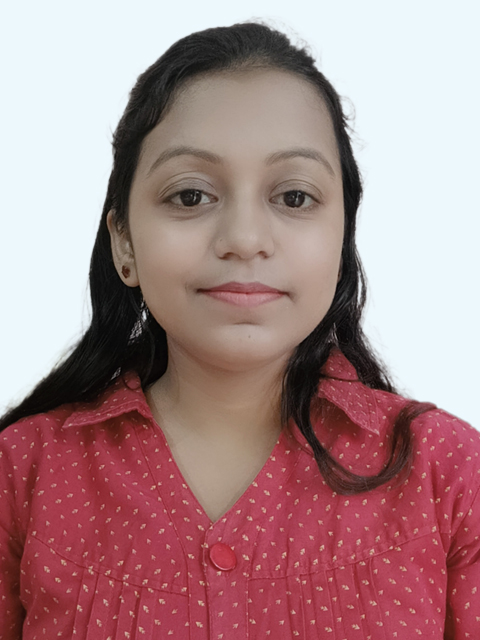
With over 5 years of experience in content writing, SEO, marketing, branding, social media, and copywriting, she creates persuasive content that drives results. For the past 3 years, she has focused on medical cont...View More
Expert Doctors (10)
NABH Accredited Hospitals (5)
Latest Health Articles
Related Treatments





